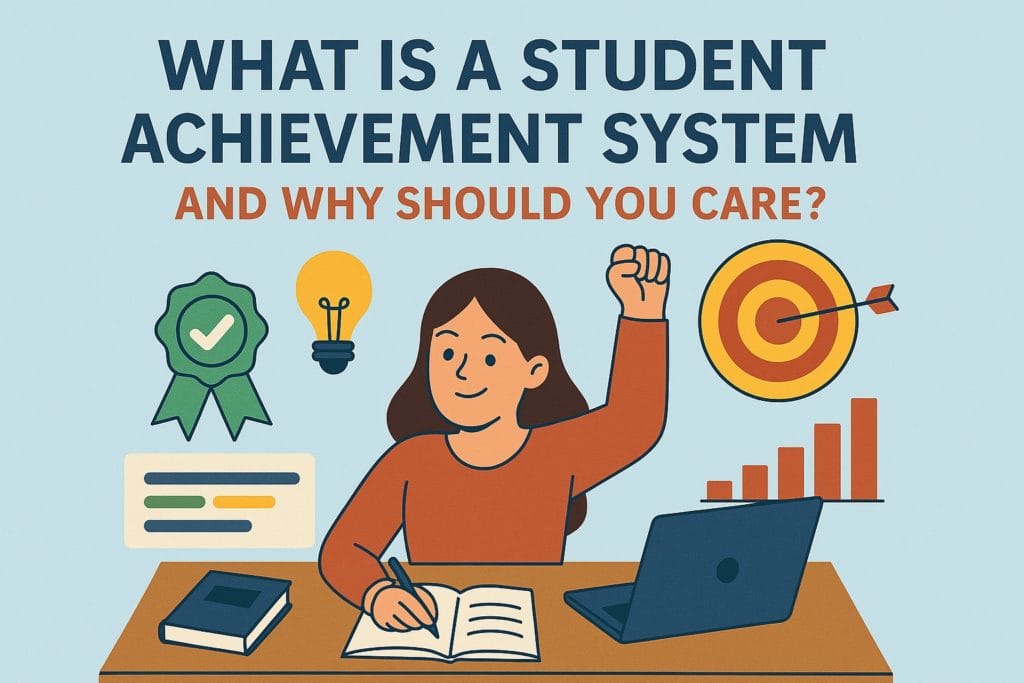
College is an exciting time full of new experiences, personal development, and the quest of knowledge. However, it may also be a period when hoarding tendencies begin or increase due to stress and lack of parents’ control. Hoarding is a complicated problem that makes it harder for people to make decisions on their belongings, resulting in excessive clutter and disarray. In this blog post, we will look at the difficulties that college students with hoarding tendencies experience and provide a list of effective tips for overcoming these difficulties and creating a healthy and clutter-free living environment.
Understanding Hoarding Behavior
Hoarding disorder is defined by an inability to discard or get rid of items, regardless of their true worth. College students with hoarding tendencies may suffer with excessive acquisition, aversion to discarding belongings, and an overwhelming amount of clutter in their living quarters. It is critical to realize that hoarding is more than simply being disorganized or untidy; it is a mental health issue that demands knowledge and assistance.
Emotional Attachments and Triggers
Many college students admit that they are not that attentive to their physical or mental health during the semester because they have a lot of other things to think about, like deadlines and exams. That is the reason for various psychological triggers to be established. While students go through the phase of changes and emotional challenges, that is when hoarding tendencies might begin to show. Especially, due to being homesick and stressed. Understanding the emotional attachments that accompany hoarding tendencies is a critical step in overcoming them.
Overcoming Hoarding Habits
It’s crucial to understand that an issue like hoarding can and should be addressed and treated. There is nothing to be ashamed or scared of. If you or someone you know suffers from hoarding, you might want to learn the following tips that we have prepared for you.
Recognizing the Issue
Recognizing that there is a problem is the first step in overcoming hoarding tendencies. College students must understand how excessive clutter affects their everyday life, academic performance, and general well-being. Self-awareness is essential for beginning change and obtaining assistance from friends, family, or campus resources.
Being organized is crucial for a college student. And while not every student is particularly tidy, a hoarder has much more challenges to face while living on-campus. For example, the lack of space in the dorm room or fights with a roommate. In order to get rid of this stress and improve the quality of your life, you need to address the problem first and admit it.
Since averagely college students don’t have too much space, hoarding might be a bigger problem and much more visible even at the beginning. That’s why it’s easier for a person to understand that something is wrong when they are still very young and have a lot of opportunities and time ahead to solve the issue.
Seek Professional Assistance
Hoarding is a complex issue that often needs professional help. College students might consider contacting university counseling services, therapists, or psychologists provided by the learning institution itself or outside of campus. It’s important to seek help as early as possible.
Creating a Support System
For college students attempting to overcome hoarding habits, developing a strong support system is one of the most important steps. Throughout the decluttering process, friends, family members, or roommates may provide emotional support, encouragement, and practical aid. Having someone to talk to and ask for advise may make the experience less daunting and more bearable.
Decluttering Techniques
In order to overcome hoarding tendencies, it’s useful to learn to organize the space around you as well as get rid of the clutter as a therapy. Here are a few tips that we hope will come in handy.
Establishing Realistic Goals
Decluttering may be a daunting chore, particularly when confronted with an abundance of possessions. Students in college should create realistic objectives by breaking the process down into smaller, manageable steps. Begin with a single area or category, such as a desk, closet, or bookcase, and gradually work your way through the whole living space.
It’s important to not overwhelm yourself with multiple tasks and the goal to create a minimalistic space as soon as possible. Such a rush usually demotivates and makes it harder to finish even the easiest tasks.
Sorting and Categorization
When decluttering, a methodical approach is essential. Students should divide their belongings into categories such as keep, donate, sell, or dispose. It is essential to analyze goods rationally, taking into account their use, emotional worth, and significance to the college lifestyle. Making a strategy for each area can help you make better decisions. Some belongings might be mailed back home for semester if they are temporarily not used.
Giving Up Sentimental Items
Parting with emotional belongings may be very difficult. College students might attempt photographing meaningful artifacts to preserve memories without retaining the tangible goods. It is important to remember that memories live inside us, not in our stuff.
Keeping Your Environment Clutter-Free
After cleaning and organizing, it’s important to keep the order you created and avoid going after hoarding tendencies. Here are a few more tips for you.
Embracing Minimalism
Adopting a minimalist attitude might be beneficial for college students who want to keep their surroundings clutter-free. Minimalism entails concentrating on what actually brings worth to one’s life and discarding excess. Students may create a more tranquil and ordered atmosphere by curating their items and being cautious of what they bring into their living quarters.
Creating Long-Term Habits
Keeping your surroundings clutter-free is a continuous process that takes continual effort. College students may form long-term habits such as frequent cleaning, organizing, and decluttering activities. Creating routines and adopting these habits into their everyday life will keep clutter at bay.
Conclusion
Overcoming hoarding tendencies in college involves perseverance, self-reflection, and assistance. It’s important to break the circle and remove the issue from your life. One more thing that might help you with that besides the tips that we have listed above is removing the stress factor and delegating part of your college tasks to a team of professionals. Be sure to turn to us for homework assistance.
 Karen Palmer
Karen Palmer


